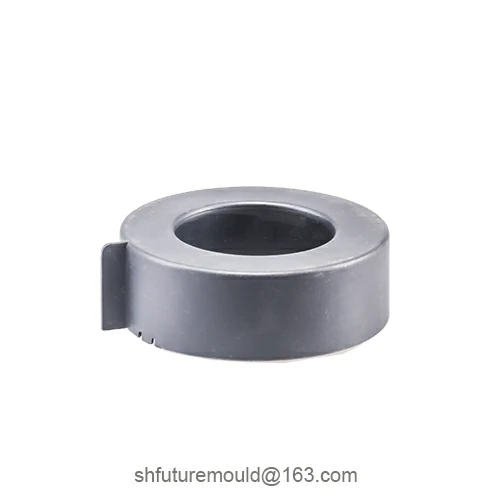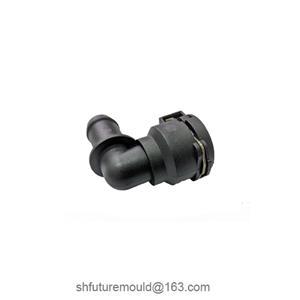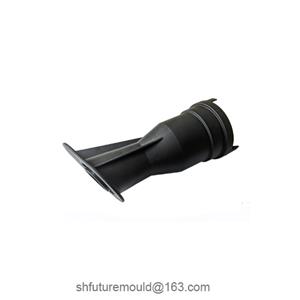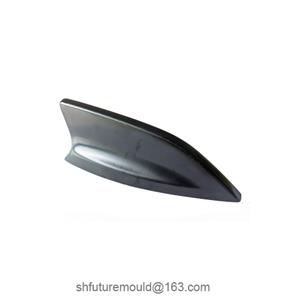The Promising Future of Precision Injection Molding in the Automotive Industry
Precision injection molding technology holds immense potential for the automotive industry, primarily in the following areas:
1. Lightweight Design
Diverse Material Selection: Precision molding enables the use of various engineering plastics, such as carbon fiber and glass fiber reinforced composites, offering high strength, modulus, and low density. These materials significantly reduce vehicle weight, enhancing fuel efficiency.
Complex Part Formation: The technology allows for the creation of parts with intricate internal cavities and thin walls, like automotive dashboards and door panels, further contributing to weight reduction.
2. Functional Integration
Multifunctional Components: Precision molding can integrate multiple functions into a single component. For instance, antennas and sensors can be incorporated into interior parts, simplifying assembly and improving production efficiency.
Intelligent Features: Components with intelligent capabilities, such as touchscreens and LED lights, can be manufactured to enhance a vehicle's technological appeal and comfort.
3. Personalized Customization
Rapid Mold Manufacturing: Precision molding facilitates swift mold creation, catering to personalized customization demands and accelerating product launch.
Diverse Colors and Textures: By adjusting mold surface treatments and material choices, a wide range of colors and textures can be achieved, fulfilling consumer preferences for personalization.
4. Traditional Automotive Components
Interior Parts: Precision molding produces various automotive interior components, including dashboards, door panels, and center consoles, offering aesthetics, durability, and easy cleaning.
Exterior Parts: Bumpers, lighting housings, and other exterior components can be manufactured with lightweight and impact-resistant properties.
Engine Compartment Parts: Intake manifolds, fuel tanks, and other engine compartment components can be produced to withstand high temperatures and corrosion.
5. Future Trends
Combination with 3D Printing: The integration of precision molding with 3D printing enables small-batch, customized production to meet individual needs.
Smart Manufacturing: By introducing automation and digitalization, production processes can be intelligent, enhancing efficiency and product quality.
New Material Applications: As new materials emerge, precision molding will facilitate the creation of automotive components with superior performance.
- Injection Mold
- Automotive Injection Mold
- Electronics & Electrical Injection Mold
- Consumer Goods Injection Mold
- Airplane Components Injection Mold
- Medical Components Injection Mold
- Irrigation Components Injection Mold
- Injection Molds




